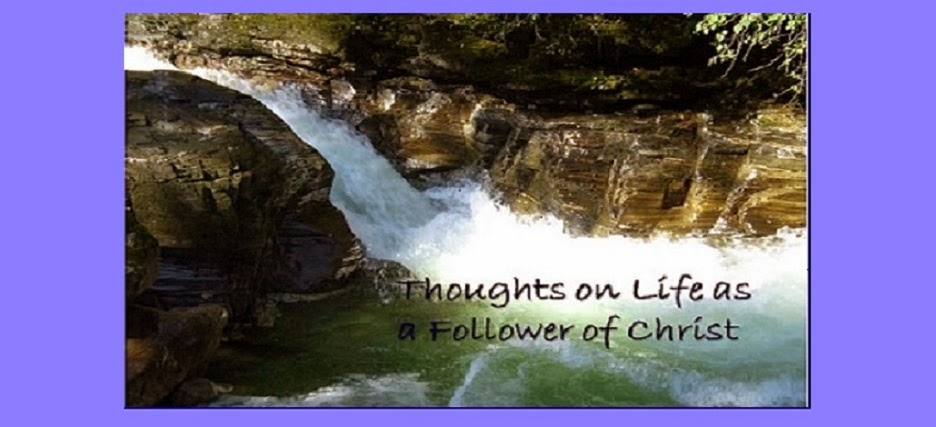Our culture prides itself on independence - on not needing other people. We do everything ourselves and often by ourselves. It's often what we announce to others in our social media posts and face-to-face interactions.
As a single adult, the pressure to be able to do it all sometimes feel unnecessarily high. It's seen of a sing of achieving some level of maturity to live alone. Being able to look after all your needs in every area - work, home, family, etc - is an achievement of sorts that should be announced to the world.
But, it's also lonely. It's hard some days to go home, because it means I won't see anyone, often until the next day. I miss the interaction with people. It makes it hard to take vacation sometimes, because at least if I go to work, I see and interact with people for part of everyday.
There's also been an abundance of news stories, and the studies to back it up, that we are the loneliest generation in history, especially in the western world. We've built lives and created systems that segregate and isolate us. We've allowed disagreement to drive us apart. We've become too dependent on demographic information about people to determine if we'll communicate or get to know one another.
But this isn't how God designed us to live. God created us to live in community. To know and be known by people. To need each other. To help each other. To get into each other's lives and speak truth - even when it's hard. To encourage, care for, support each other.
And as a single adult, these are even more important, but it also seems like my singleness presents an obstacle to many in the church when it comes to including me. Even though there are some differences in our lives, there are also many things that are similar. Being single is far from the only thing about me that there is to know.
I know it's possible to have community with people whose lives all look very different on the surface. Until a few years ago, I was part of a caregroup, where this kind of community was what we had.
So, how do we do this? What does it look like to pursue community?
It takes us being intentional with our relationships with people. We have to make an effort to connect. And then, we need to actually learn to admit when we have a need and let people help us. We have to choose to invite people into our lives and respond to their invitations for us to come into their lives.
And we need to let it happen with people whose lives may not look completely identical to ours on the surface. That's sometimes where the richest community can happen.
I was reminded of this last night. I was sitting in Starbucks with a group of women from a Bible study at church. At a glance, we didn't have a lot in common, but we talked and laughed and enjoyed the time together for the evening. And, some of my closest friendships have come from groups exactly like this.
How are you pursuing community?
Are you willing to admit when you need help from someone? And give someone the opportunity to to help us?
Are you willing to be intentional about seeking people out and building relationships with them?
